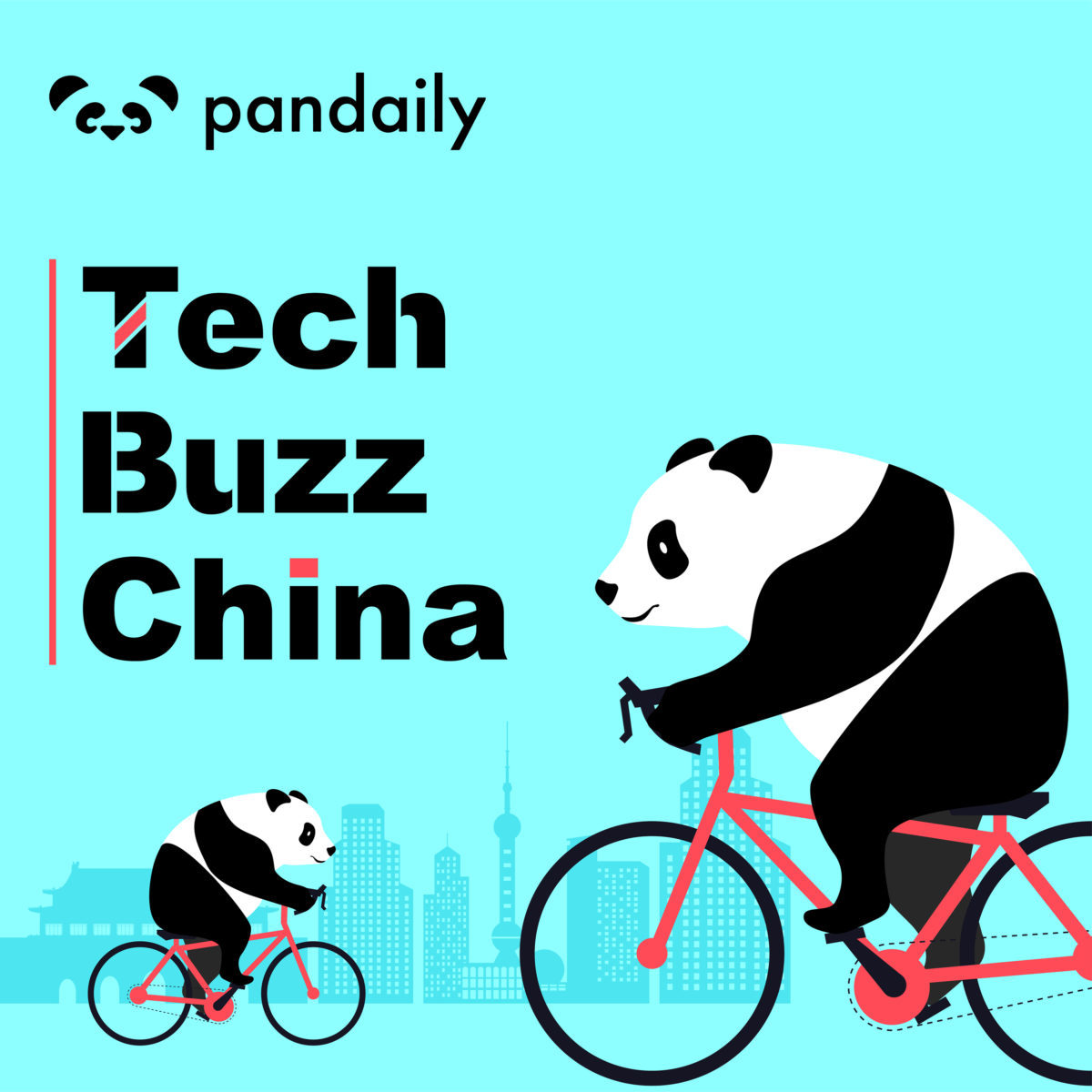In episode 28 of TechBuzz China, co-hosts Ying-Ying Lu and Rui Ma talk about the Chinese AI company that recently toppled Uber to become the highest-valued startup in the world: Bytedance. Having just closed on a $3 billion funding round led by SoftBank, the company is currently valued at $75 billion. Though our co-hosts have mentioned Bytedance across several previous episodes, including a focus on the company’s war with Tencent in episode 9, today’s episode is the first to delve into its founding story, and to give a snapshot of its key strengths and weaknesses.
Bytedance’s parent company was founded in 2012 with the buzzy mandate to “combine the power of AI with the growth of mobile internet to revolutionize the way people consume and receive information.” Six years later, the company’s two main apps, news-oriented Toutiao and video-based TikTok, have over 260 million and over 500 million monthly active users, respectively. In fact, TikTok, which is just a bit over two years old, was the most downloaded app in the world in the first quarter of 2018.
Bytedance’s success has affected the key metrics of other leading Chinese internet companies. Notably, Tencent has seen its percentage of total internet user usage time drop between June 2017 and June 2018 — with nearly all of the 7 percent decline seemingly directed into Bytedance’s family of apps. Indeed, Bytedance’s lack of affiliation with either Tencent or Alibaba stands out.
This lack of affiliation is due at least in part to Bytedance founder and CEO Zhang Yiming, a 35-year-old, even-keeled, through-and-through geek who has always been fiercely independent and ambitious. It’s a well-known anecdote that in 2016, when asked by one of his executives about rumors that Tencent was going to acquire Bytedance, Zhang Yiming replied, “I didn’t found Bytedance to become a Tencent executive.”
Listen to the newest episode of TechBuzz China and join Rui and Ying-Ying in exploring the following: What about the hiring process, company culture, and work style of Toutiao makes it unique, especially as compared with other Chinese companies? How does the fact that Toutiao is at least partly a content business affect how it does business in China? What are its ultimate existential risks? Is deeming Bytedance China’s “Buzzfeed with Brains” an accurate description? As the company has already made plays for markets in Japan, India, Brazil, North America, and Southeast Asia, what’s next in its efforts to internationalize?
As always, you can find these stories and more at pandaily.com. Let us know what you think of the show by leaving us an iTunes review, liking our Facebook page, and tweeting at us at @techbuzzchina to win some swag! Finally, a huge shoutout to our new listeners over at dealstreetasia.com.







